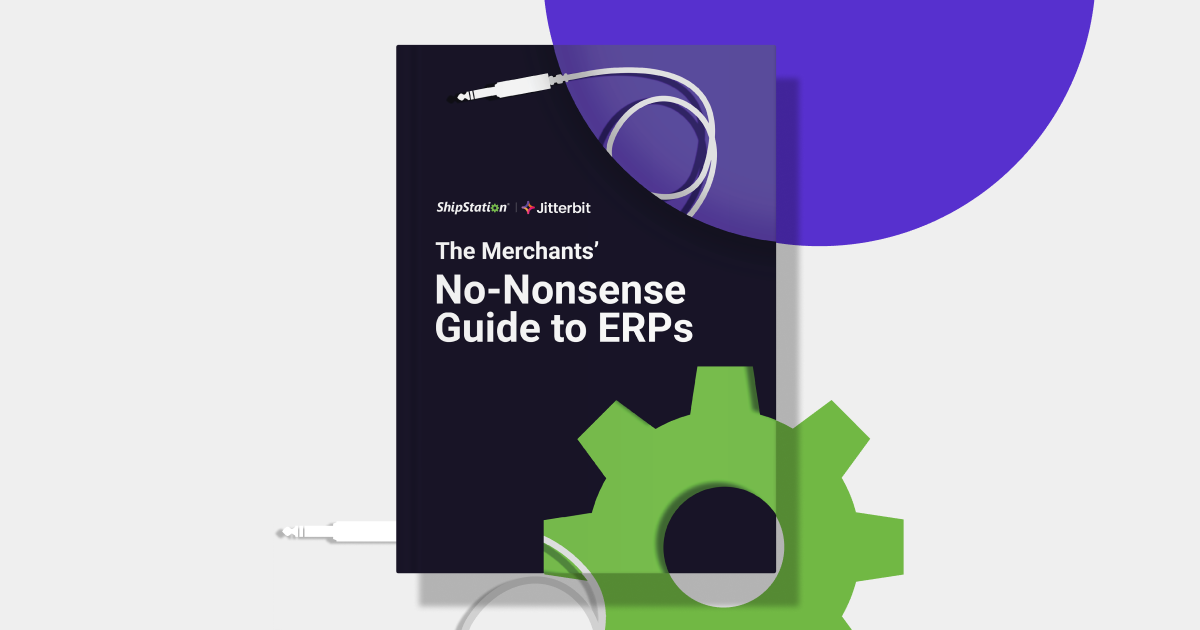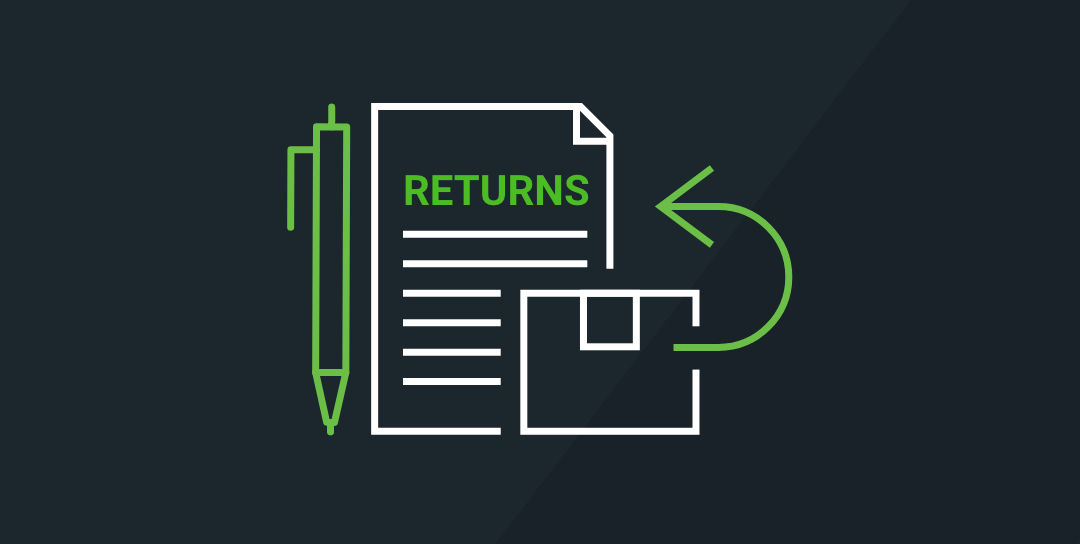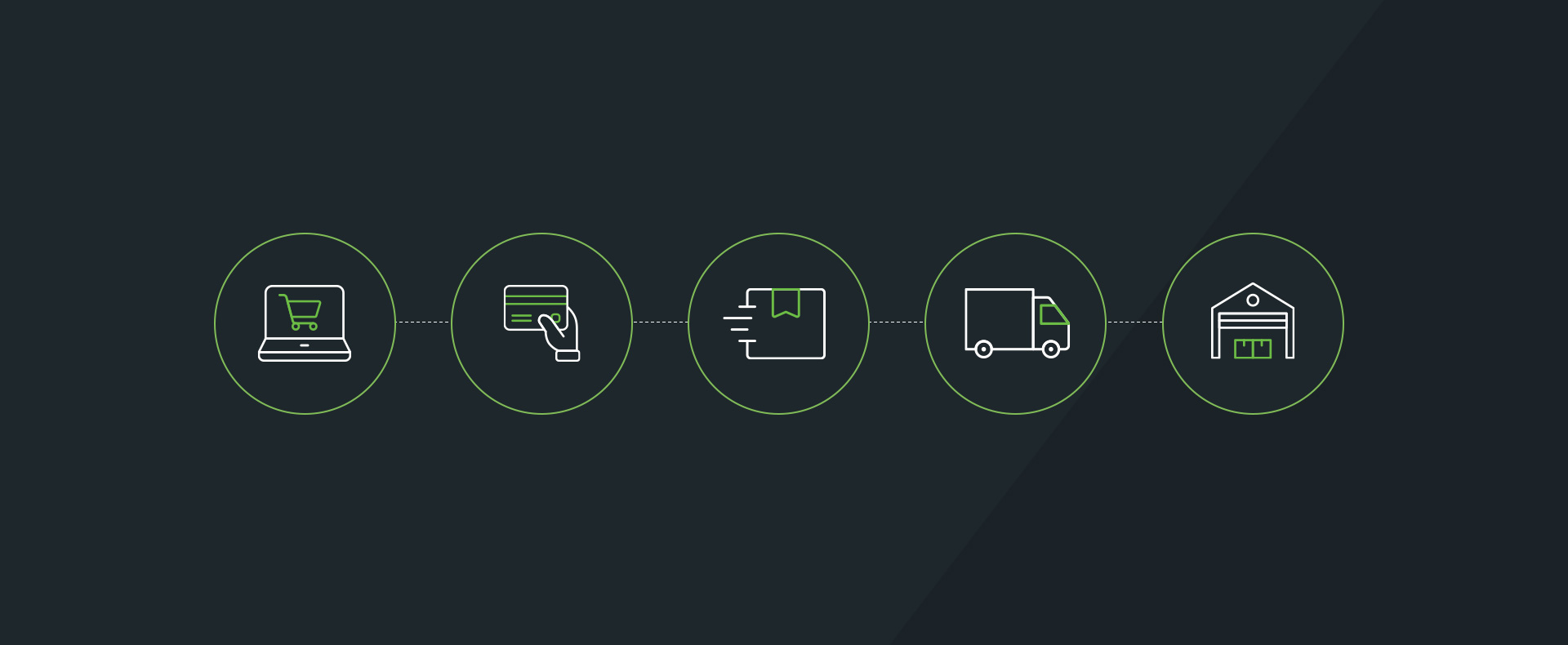Emerging Payment Options for eCommerce Retailers
If, 20 years ago, someone told you we would be carrying access to the whole world and TV and videos in our pockets, you wouldn’t have believed them. No one could imagine a smartphone. Until recently, many felt the same about virtual payments. Research shows alternative payments will account for over half of all transaction methods by 2017. Today, we are talking things like Bitcoin, Dwolla and Skrill. Have you heard of them? It’s time to read up, because in a few years, we anticipate that the early adopters of this currency trend will feel far ahead of the game as they move mainstream.
Here are three alternative payment methods you should familiarize yourself with:
Bitcoin:
Bitcoin is a new cryptocurrency that was created in 2009. You can think of it like “digital gold.” Bitcoin uses peer-to-peer technology to operate with no central authority or banks; the network carries out managing transactions and the issuing of bitcoins collectively. You don’t even have to give your real name. More merchants are beginning to accept bitcoins. Recognizable brands include Overstock and 1-800-Flowers.
Coinbase, a digital wallet business for bitcoins, touts Bitcoin as “the world’s most widely used alternative currency with a total market cap of approximately $5.3 billion. The bitcoin network is made up of thousands of computers run by individuals all over the world.”
Currently less than 1% of consumers use Bitcoin, according to Forrester Research, but don’t let that put you off. If you are in a tech-savvy industry, catering to affluent males, the numbers of your buyers familiar with Bitcoin could be much higher, and is only likely to grow. Interestingly, some companies find that Bitcoin users purchase up to 50 percent more goods than a regular customer.
For a deeper understanding of Bitcoin, see this excellent video by Duncan Elms. Duncan is an award winning designer, art director and animator from Sydney, Australia.
Dwolla:
If Bitcoin leaves you nervous, Dwolla may sound like a simpler choice. Dwolla is a payment network that allows any business or person to send, request and accept money. Dwolla has its own network that securely connects to your bank account and allows you to move money for just $0.25 per transaction, or free for transactions $10 or less. Usually the sender pays the transaction fee, but as the shipper, you can also choose to absorb that.
Skrill:
If you sell to many overseas buyers, you may already be familiar with Skrill. More than 36 million account holders already trust Skrill to send and receive money worldwide in 200 countries and 40 currencies, securely and at low cost, without revealing their personal financial details. There are small merchant and currency converter fees. (Check the site for latest updates to those.) You can choose payment options such as digital wallet password only payment, or using Skrill to help you accept local country payments in forms those citizens are already using, and finally, use Skrill to help your business quickly offer debit card payments in different currencies and checkout languages, all with flexible integration options and a simple contractual setup.
Broader Payment Choices, Bigger Sales Revenue
The more payment options you offer, the wider your customer base becomes. These options and others also help businesses to work globally without setting up complex financial systems to handle local currencies. Are you using any of these or other forms of payment in your business? What works well, what doesn’t? We’d love to hear your experiences. Tell us in the comments!





